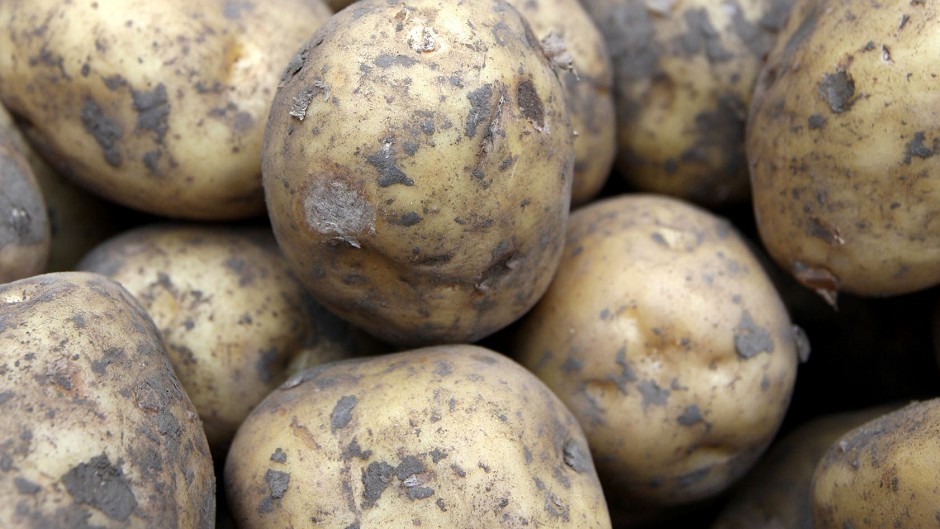Farming contributed nearly £10billion to the UK economy last year despite a drop in incomes on farms.
Figures released from farming ministry Defra confirm UK farmers’ income fell by nearly 5% last year.
Provisional figures from the UK Government’s food and farming department suggest Total Income From Farming (Tiff) in real terms fell by 4.4% to £5.379billion.
Average individual incomes in real terms were also down by 4.4% to £27,847.
Subsidy support was down by 14% of £401million to £2.933billion, due largely to a change in the exchange rate between sterling and the euro.
In a report, Defra said: “The 2014 value was driven by increased production offset by lower prices and reduced payments resulting from the less favourable euro/sterling exchange rate.”
Despite the fall in incomes, the farming ministry estimated that UK agriculture’s contribution to the UK economy was up 3.2% to £9.922billion.
In its provisional figures, Defra estimated that the value of tatties fell by £263million to £684million, driven by a 27% drop in prices.
Figures for the cereals sector paint a mixed picture, with the overall value of crops down 2.3% to £9.237billion.
The value of wheat was up £382million to £2.472billion, while barley was down £239million to £896million.
Overall livestock output increased slightly to £14.269billion.
This was driven largely by a £331million increase in the value of milk to £4.602billion.
The value of livestock primarily for meat fell by £311million to £7.455billion, driven by a decline in the value of cattle meat to £2.582billion.
Sheepmeat increased in value by £66million to £1.112billion, while the value of poultry meat fell by £66million to £2.260billion.
In January, Scottish Government estimates put Tiff in Scotland to be down 18% to £668million.
Big losses in the year included a £105million loss of income from potatoes, a £64million fall in Single Farm Payments and a £46million reduction in income from cereals and cropping.
